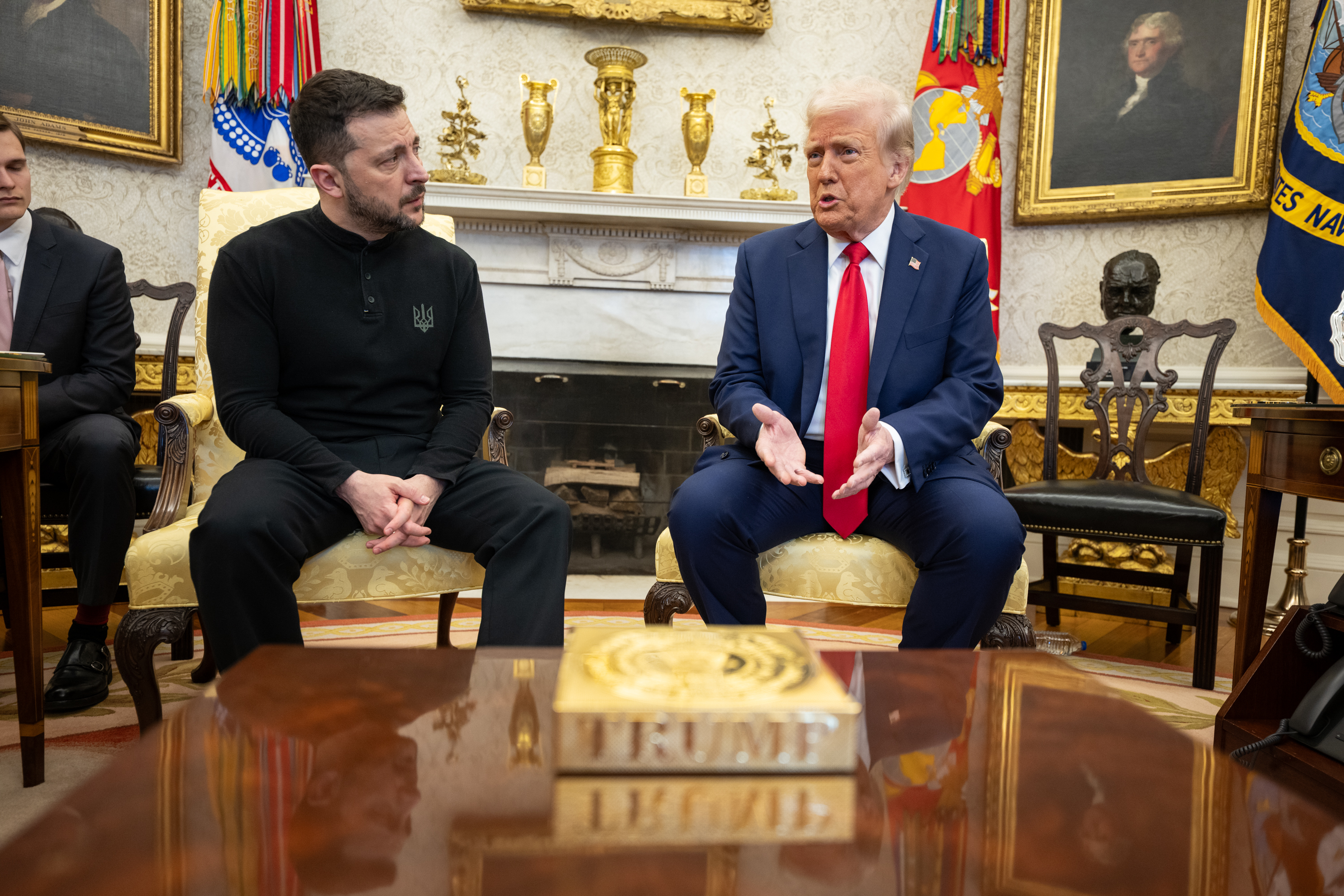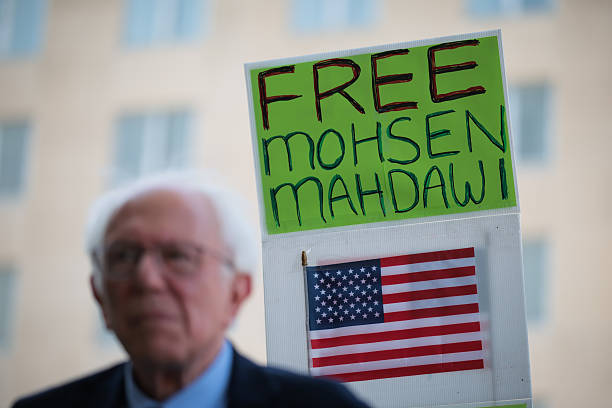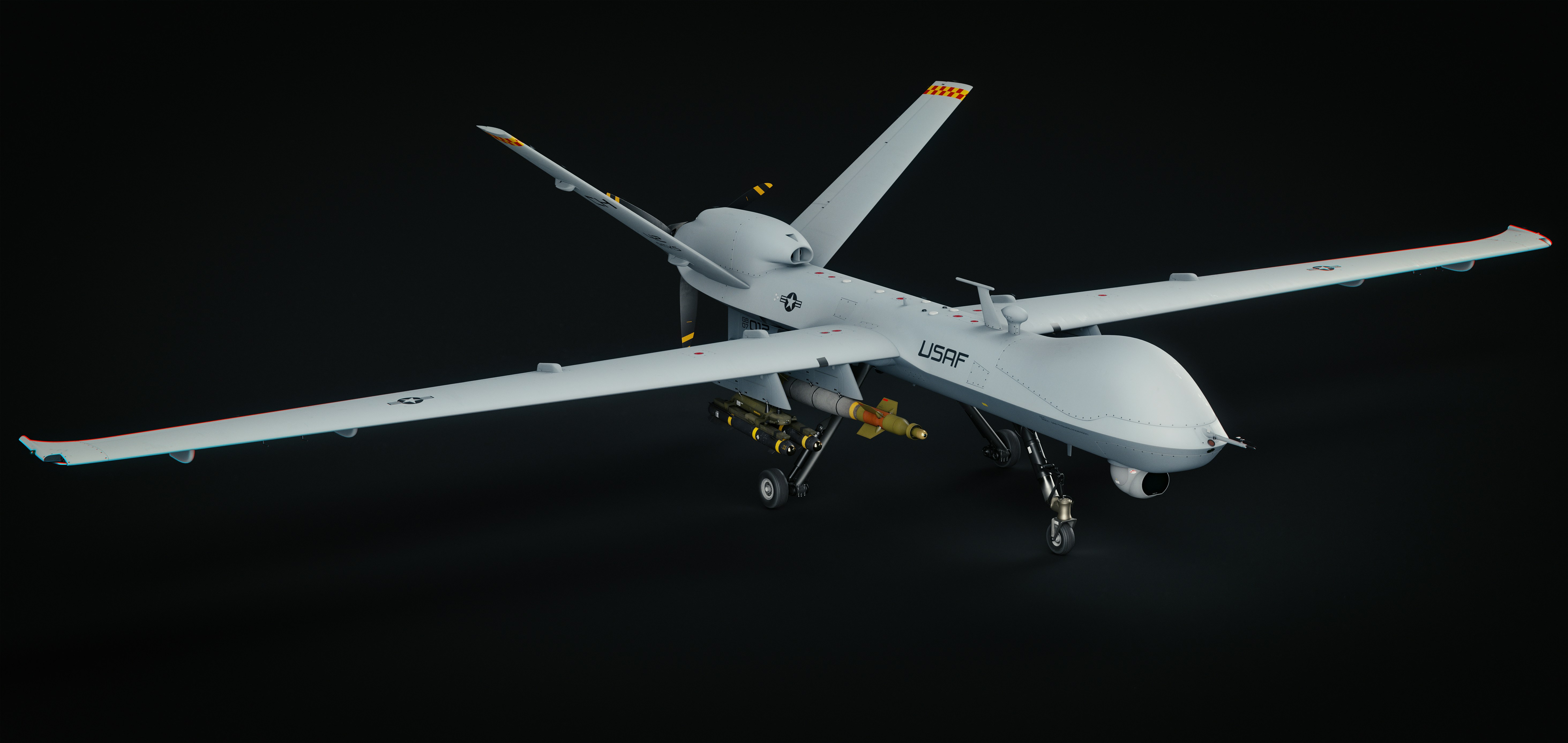Trump Threatens Force Over Canal and Greenland
President-elect Donald Trump has refused to rule out using military or economic force to acquire control of the Panama Canal and Greenland.
.jpg) President of the United States of America, Donald J. Trump, attends the 2019 Army Navy Game in Philadelphia, Pa., Dec. 14, 2019. (U.S. Army photo by Sgt. Dana Clarke)
President of the United States of America, Donald J. Trump, attends the 2019 Army Navy Game in Philadelphia, Pa., Dec. 14, 2019. (U.S. Army photo by Sgt. Dana Clarke)President-elect Donald Trump has sparked controversy by refusing to rule out the use of military or economic coercion to force Panama to give up control of the Panama Canal and Denmark to sell Greenland to the United States. During a press conference on Tuesday, Trump repeatedly emphasized the importance of American sacrifice in building the canal and falsely accused China of operating it today.
When pressed on whether he would use military force to take control of the canal, Trump said, "No, I can't assure you on either of those two." He added, "We need them for economic security — the Panama Canal was built for our military." Trump also threatened to use economic force against Canada, implying that the US would reduce its purchases of Canadian products if Canada remained a sovereign state.
Trump's statements have raised concerns among US allies, including Panama, Denmark, and Canada. His comments have also drawn comparisons to the imperialist policies of President William McKinley, who engaged in the Spanish-American War in the late 19th century and acquired several territories, including the Philippines, Guam, and Puerto Rico.
In addition to his comments on the Panama Canal and Greenland, Trump also proposed renaming the Gulf of Mexico the "Gulf of America" and threatened to impose tariffs on Denmark if it did not sell Greenland to the US. He also reiterated his threat that "all hell will break out in the Middle East" if hostages being held by Hamas are not released by Inauguration Day.
Trump's views on American territorial expansionism have been met with criticism, with many arguing that his policies are untethered from international law. As Trump prepares to take office in less than two weeks, it remains to be seen whether he will follow through on his threats or use them as a negotiating tactic.






.jpg)
Conversation